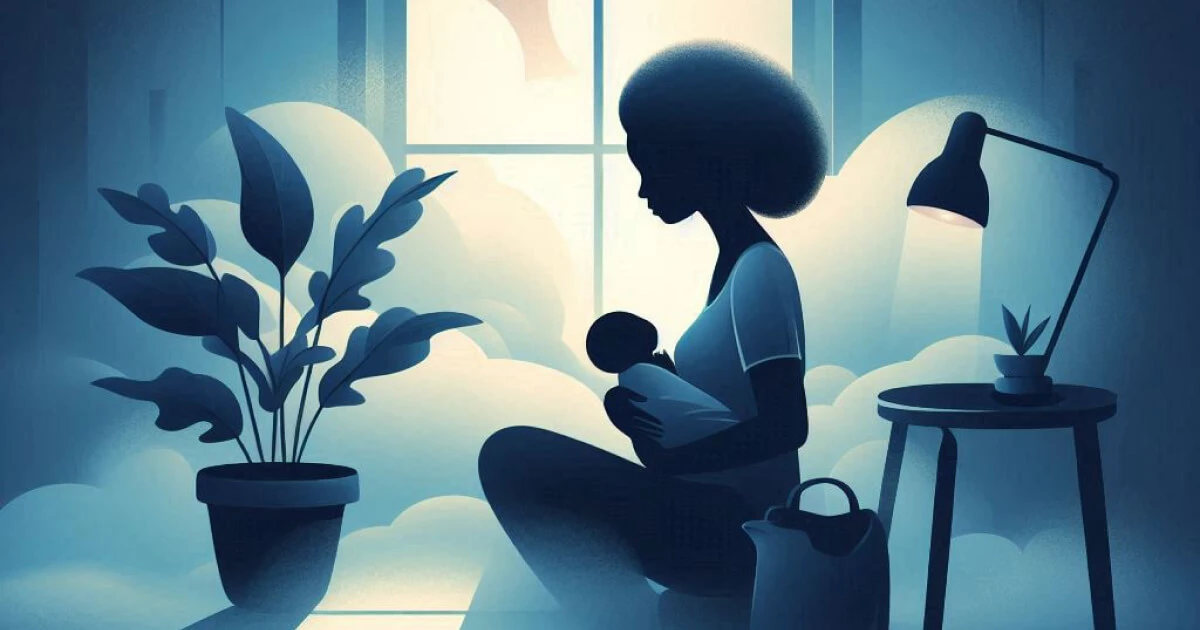
Postpartum Depression: Signs, Symptoms, and Seeking Help for New Moms
Discover the signs and symptoms of postpartum depression, understand the difference between baby blues and PPD, and learn how to seek help
Postpartum depressionNew motherMental health awarenessBaby blues vs PPDThe Fog That Descended
I remember the day the fog rolled in. It wasn't a literal fog, but a mental one. A heavy, suffocating blanket of exhaustion, sadness, and anxiety that settled over me, just weeks after bringing my little girl home. I had heard about the "baby blues," a common experience of hormonal fluctuations and emotional swings after childbirth. But this was different. This was a constant, gnawing feeling that I couldn't shake. It felt like I was drowning in a sea of emotions, and no one could see me struggling beneath the surface.
This, my friends, is postpartum depression (PPD). It's not just a case of "feeling a little down" – it's a serious mental health condition that can affect anyone who's given birth.
The Weight of Silence
The thing about postpartum depression is that it's often shrouded in silence. We're so afraid to admit we're struggling, afraid of being judged, or afraid of taking away from the joy of parenthood. But the reality is that postpartum depression is far more common than we think. It's estimated that 1 in 7 women experience it after childbirth, and yet, many go undiagnosed and untreated.
This is why it's so important to understand the signs. To learn to recognize the fog, not just for ourselves, but for those around us.
The Many Faces of Postpartum Depression
Postpartum depression doesn't present the same way for everyone. Some women experience a deep sadness and despair, while others struggle with anxiety, irritability, and a sense of detachment from their baby. There can also be physical symptoms like fatigue, insomnia, and changes in appetite.
Here are some common signs of postpartum depression:
Emotional Signs:
- Persistent sadness, anxiety, or emptiness
- Feeling overwhelmed or unable to cope
- Excessive crying
- Difficulty bonding with your baby
- Loss of interest in activities you once enjoyed
- Feeling guilty or inadequate
- Thoughts of harming yourself or your baby (Important note: If you have thoughts of harming yourself or your baby, please reach out for help immediately. You can call the National Suicide Prevention Lifeline at 988, or visit https://suicidepreventionlifeline.org/)
Physical Signs:
- Fatigue and exhaustion
- Difficulty sleeping
- Changes in appetite (either eating too much or too little)
- Headaches or body aches
- Loss of interest in sex
Mental Signs:
- Difficulty concentrating
- Forgetfulness
- Feeling overwhelmed or confused
- Trouble making decisions
- Feeling disconnected from your body
Behavioral Signs:
- Withdrawing from loved ones
- Neglecting your personal hygiene
- Avoiding social situations
- Difficulty caring for yourself or your baby
- Feeling agitated or irritable
- Engaging in risky behaviors (e.g., substance abuse)
The Difference Between the Baby Blues and Postpartum Depression
The baby blues are a common experience after childbirth, and usually, they fade within a couple of weeks. The feelings are often milder and less intense than those associated with postpartum depression.
Here's a quick comparison:
| Baby Blues | Postpartum Depression |
|---|---|
| Short-lived (a few days to a couple of weeks) | Lasts longer (weeks or months) |
| Mild and temporary | More severe and persistent |
| Doesn't interfere with daily life | Can significantly impact daily life |
| Usually fades on its own | Requires professional help |
Breaking the Silence: How to Seek Help
It's essential to remember that you're not alone. Postpartum depression is a treatable condition, and getting help is a sign of strength, not weakness. Here's what you can do:
- Talk to your doctor: They can assess your symptoms and recommend treatment options.
- Reach out to a therapist or counselor: They can provide support and guidance as you navigate your emotions.
- Join a support group: Connecting with other mothers who are going through similar experiences can be incredibly helpful.
- Seek professional help: There are various treatment options available, including therapy, medication, and support groups.
The Importance of Early Intervention
The sooner you seek help, the better. Postpartum depression can have a significant impact on your life and your ability to bond with your baby. It can also lead to other problems, such as anxiety, sleep disorders, and substance abuse.
Don't let the fog consume you. Reach out for help, and remember that there is hope. You are not alone.
A Journey of Recovery
My journey with postpartum depression was long and challenging. But with the help of my doctor, therapist, and support group, I was able to find my way back to myself. It took time, but I learned how to manage my symptoms and build a life filled with joy and fulfillment.
If you're struggling with postpartum depression, please know that there is hope. There are people who care about you, and there are resources available to help you heal.
Resources and Support
Here are some resources that can provide support and information about postpartum depression:
- Postpartum Support International: https://www.postpartum.net
- The National Alliance on Mental Illness (NAMI): https://www.nami.org
- The National Suicide Prevention Lifeline: https://suicidepreventionlifeline.org (dial 988)
Remember, it's okay to ask for help.
The Power of Connection
One of the most important things I learned through my experience with postpartum depression is the power of connection. Talking to others, sharing my story, and knowing that I wasn't alone made all the difference. It gave me the courage to seek help, and it reminded me that I was worthy of love and support.
So please, don't be afraid to reach out. Talk to your friends, family, doctor, or therapist. Share your story and know that you are not alone.
We are stronger together.
Disclaimer: This blog post is for informational purposes only and should not be considered medical advice. If you are experiencing symptoms of postpartum depression, it's important to seek professional help from a qualified healthcare provider.
Explore & Read More Blog Articles
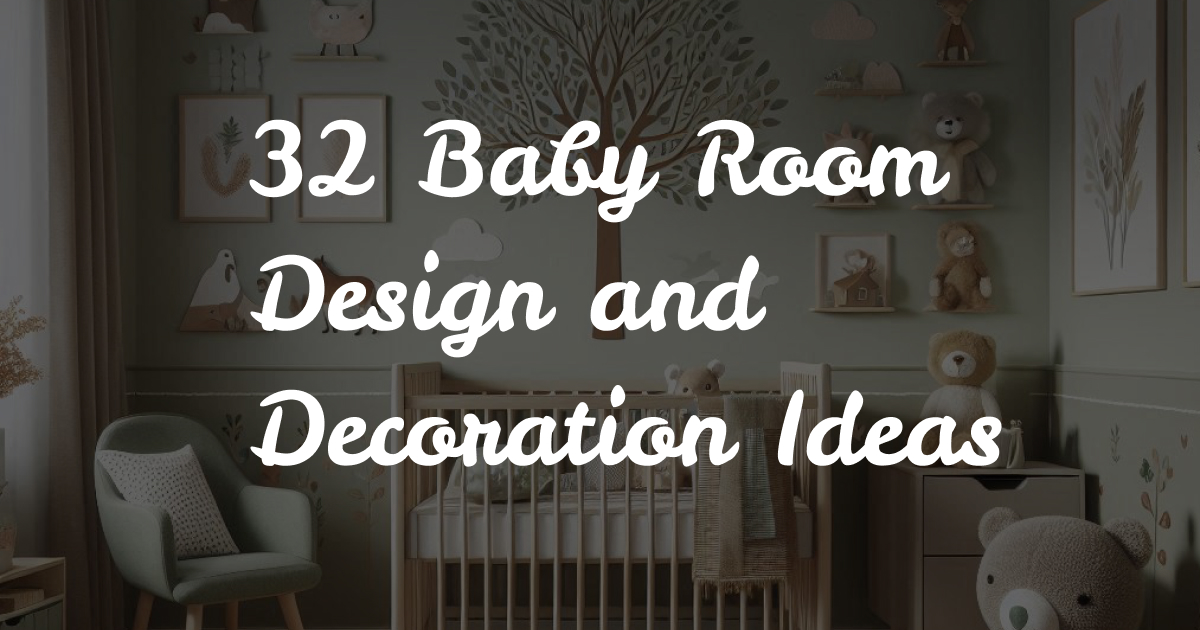
32 Baby Room Decor Ideas
A collection of 32 creative ideas for your baby's room. Get inspired by these design ideas and create your own room.
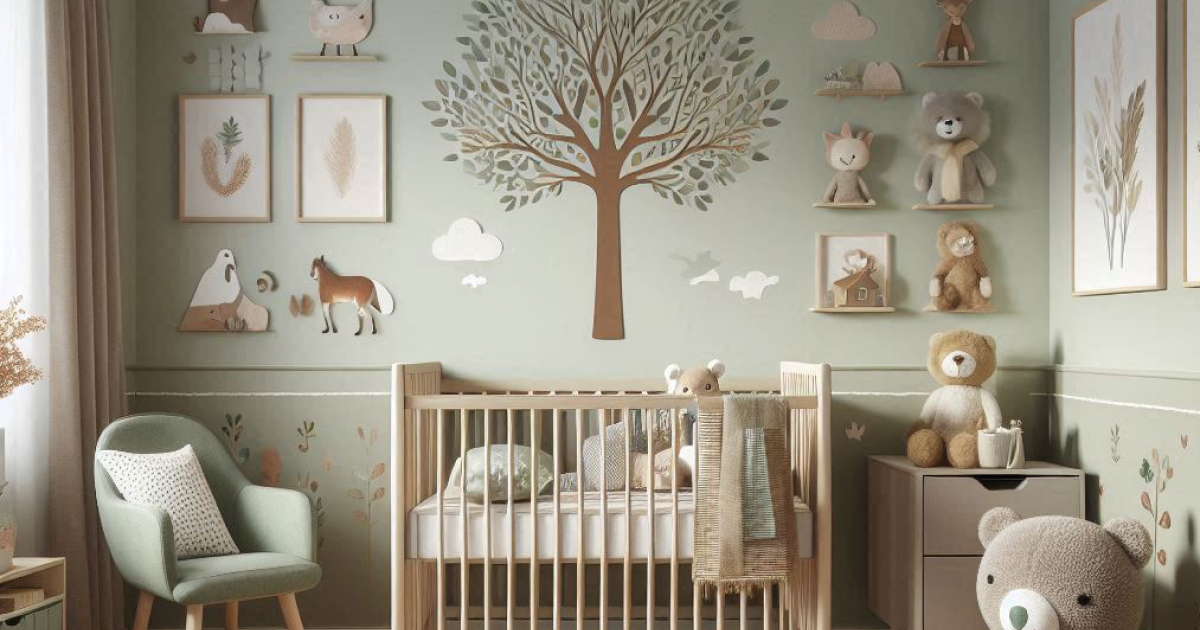
The Guide to Creating the Perfect Nursery
As you eagerly await your little baby's arrival, one of the most exciting tasks on your to-do list is creating their very own room / nursery.
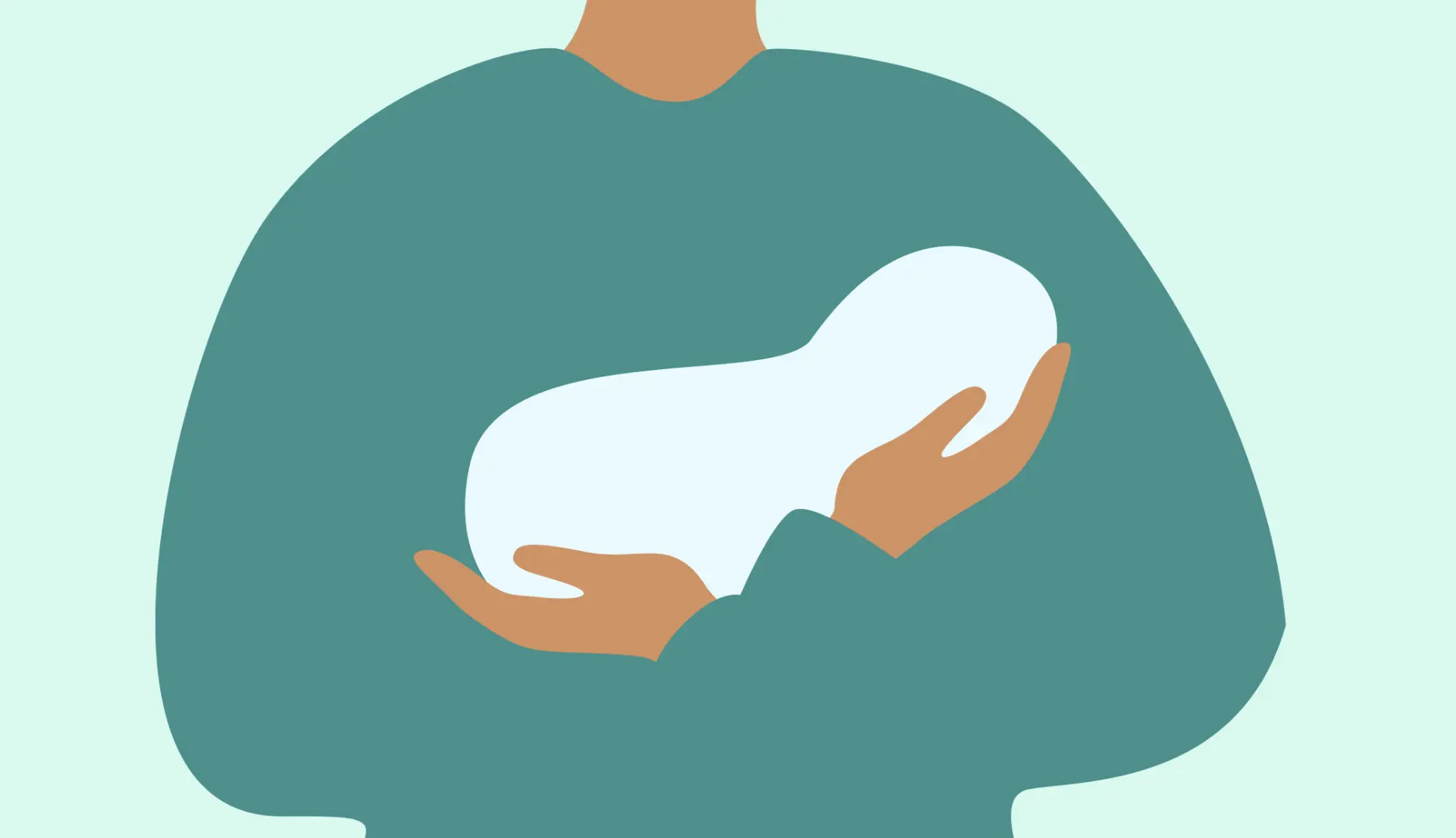
Navigating Postpartum Depression as a New Dad
A guide to navigating postpartum depression as a new dad, including tips for coping, communication, and self-care.

Postpartum Depression: Signs, Symptoms, and Seeking Help for New Moms
Discover the signs and symptoms of postpartum depression, understand the difference between baby blues and PPD, and learn how to seek help
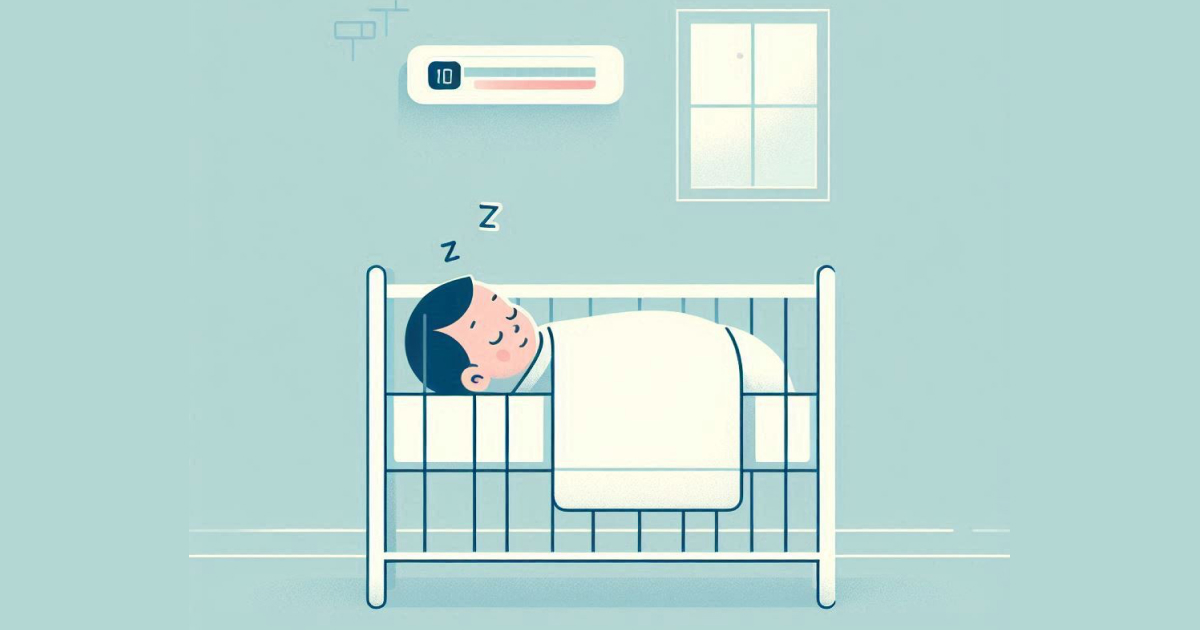
How To Dress Your Baby for Sleep
A story of sleepless nights, the nighttime temperature struggle, and how to dress your baby for sleep.
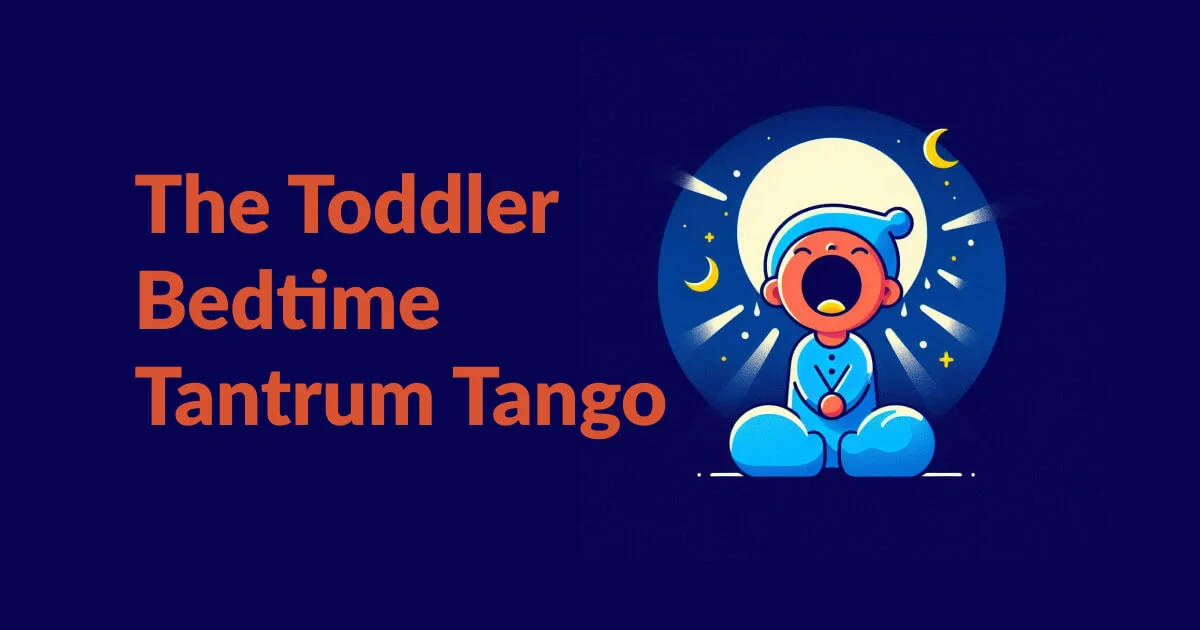
Why Do Toddler Tantrums Happen?
This guide is your roadmap to conquering those nightly meltdowns and reclaiming your sanity. The Toddler Tantrum Tango: A Nightly Struggle.
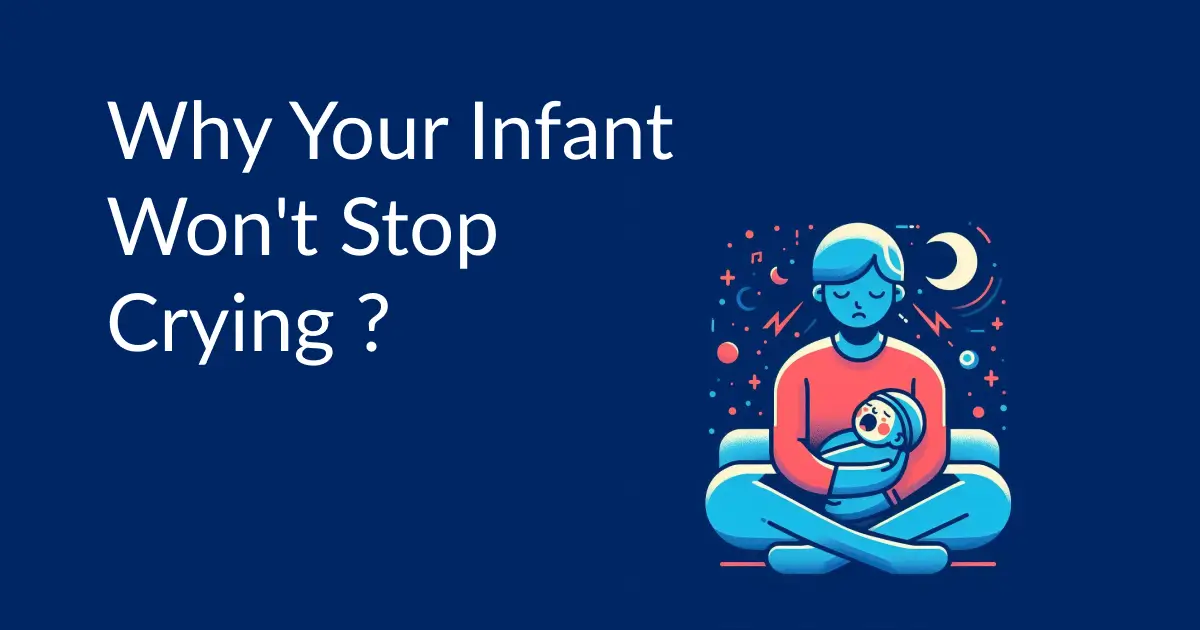
Why Your Infant Won't Stop Crying?
A guide to help you understand why your newborn cries non-stop at night and how to soothe them.
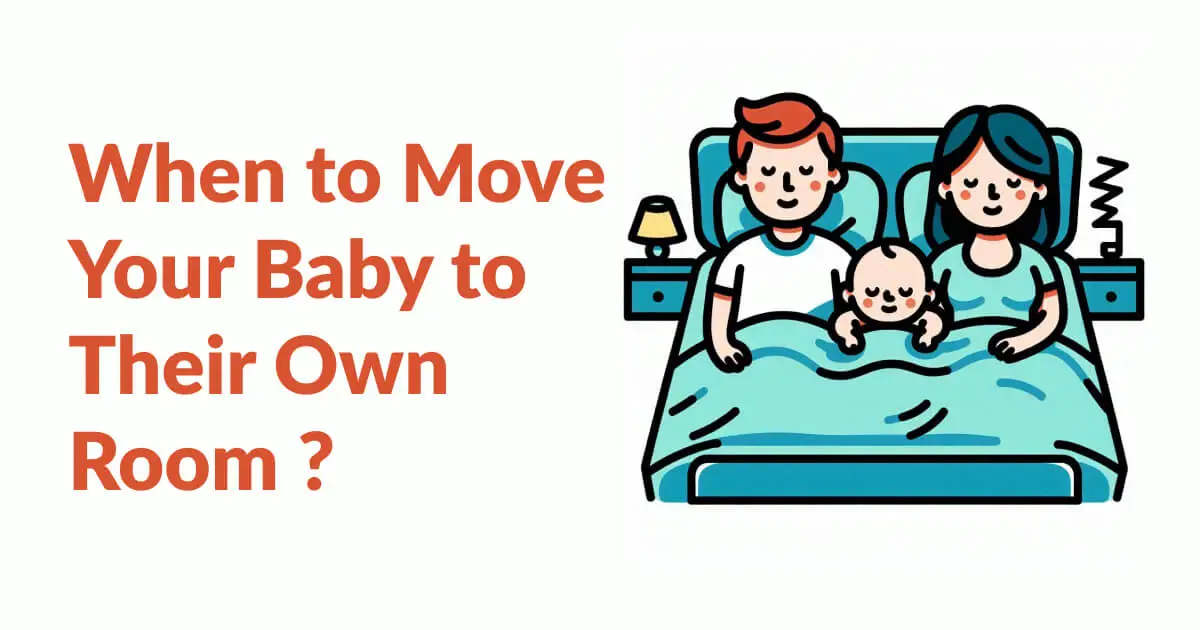
When to Move Your Baby to Their Own Room ?
Let's break down the facts and explore the pros and cons of room sharing versus independent sleep, so you can make an informed decision that works best for your family.